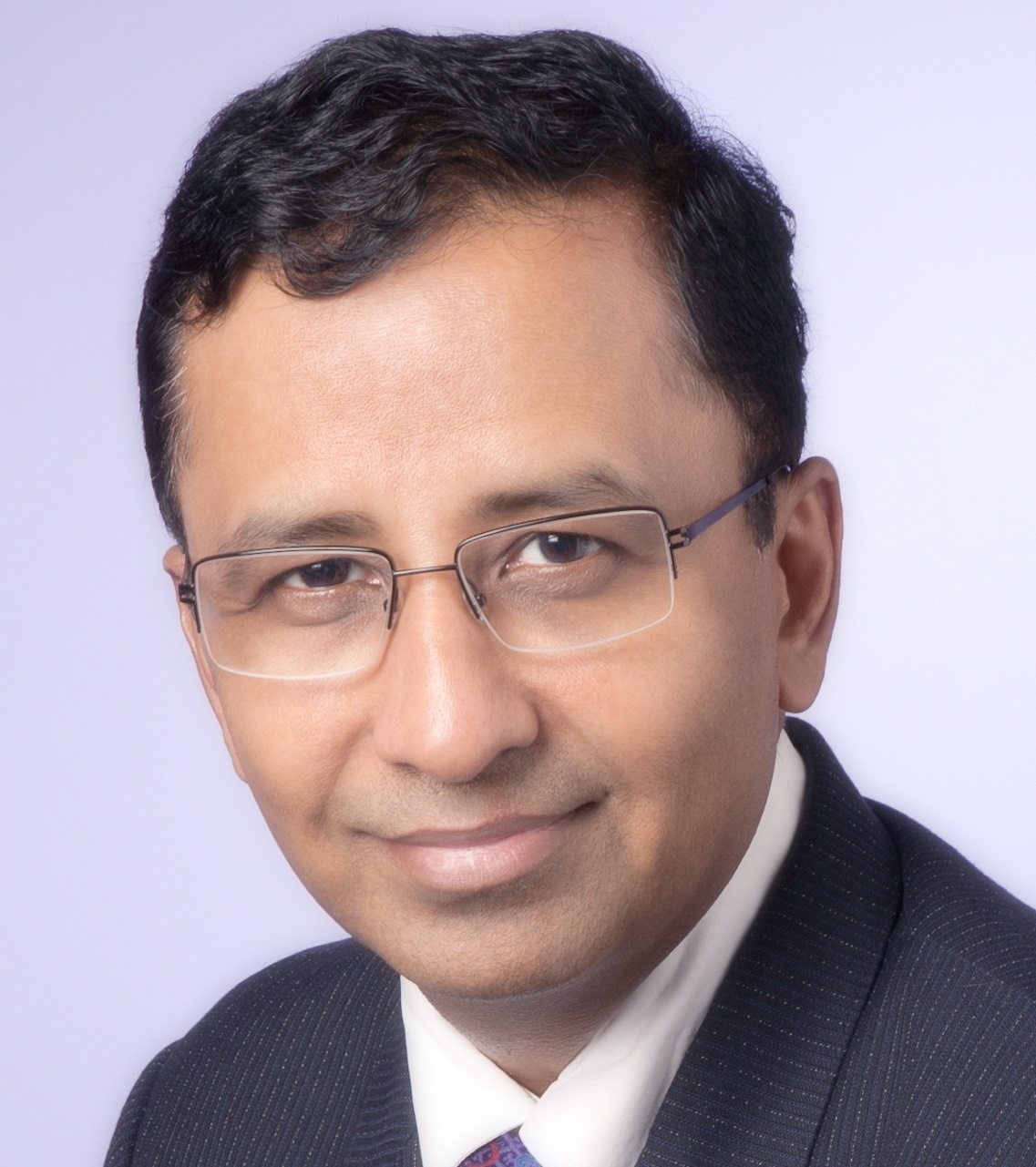Family Business 101: Will Slow and Steady Really Win You the Race?

Most people have grown up listening to the story of the hare and turtle. It is a fable about a race between two animals who could not have been more mismatched in terms of speed and agility – on one side is a hare which is renowned for being lightning quick on its feet, and on the other side is a turtle, a animal that has the unfortunate distinction of being the slowest animal on four feet.
In the original tale, of course, the hare takes off at top speed – leaving the slow-moving turtle far behind – but then he gets complacent. Thinking that there is no way the turtle is going to catch up with him, he sits down for a rest under a tree, and falls asleep. The turtle, maintaining a slow but steady pace, eventually goes past the sleeping hare and crosses the finishing line, just before the hare wakes up and realises its mistake. The moral of the story was that slow and steady wins the race, while there is no point in going fast if you are not going to complete the task.
The Modern Twist in the Tale
Now, this fable originates in ancient times, and the world is now a completely difference place, with far more advanced ways of doing things. So the question is, would a ‘moral’ that espouses being slow and steady really be relevant, if suppose the same story were to be told in the modern context? The answer is no.
Let us try to re-imagine the story in the modern world. The descendants of the same hare and turtle meet up again, and agree for a rematch. The signal to start is given, and the hare shoots off at his customary high speed. The turtle makes a more sedate start, and goes along at a steady pace. When the turtle is nearing the finishing line, he looks back, and, not seeing the hare anywhere in sight, concludes that he must be sleeping somewhere, true to his reputation. But when he crosses the line triumphantly, he is shocked to find that the hare is already there, having reached ages ago! The turtle goes up to the hare and asks him, hey, how come you are here before me? Weren’t you supposed to have gone to sleep somewhere in the middle of the race? The hare shakes his head and says, ‘What did you think, only your grandparents told you that story?’
Yes, this time it was the turtle that had been complacent. Just because something worked for you once does not mean it will work for you again and again. The hare had analysed why his forefather lost the race, and decided to remain focused throughout. So the moral this time is – When the fast are focused, there is no way the slow can win the race.
In this Age, You Have to be Fast and Focused
This story is quite relevant to modern business, particularly to businessmen who established themselves in late 1970’s and 80’s with limited resources. There was a lack of communication and transport facilities, absence of modern technology, and a severe lack of infrastructure. So, being slow and steady was ideally suited for such an environment, where things moved slowly if they moved at all, and establishing a business took years if not decades.
Now, their businesses are established, enjoy a certain reputation in the market, and have achieved varying degrees of success and growth. That being the case, the virtue of being slow and steady is now ingrained in the minds of these businessmen. But while they have maintained their steady pace, the world around them has changed drastically. Infrastructure, means of communication and transportation, and the very boundaries that used to constrain businesses within a geographic or economic zone have undergone a paradigm shift. Markets have become global. Technology is available to everyone, and is changing and evolving at a much more rapid pace than before. Finances can be obtained from a much wider range of sources, and at a much larger scale than used to be the case earlier. All this has led to a new paradigm of doing business – not only do you have the ability to move fast, you need to move fast in order to survive and grow.
Change is a Challenge
It is an unfortunate fact that most family businessmen are not able to digest the paradigm shift that has taken place all around them. Sure, most of them have adopted the basic tools of modern life like smart phones and computers, but in matters of core business philosophy, they continue to be guided by the same old principles and practices. They argue that these are now ingrained in them, and to change them would be like giving up family traditions.
It is important for us to understand that we cannot remain the same while the world around us changes. We have to identify where and what we should change and what we can hold on to. In the context of family businesses, I have classified change into three broad categories:
1. Lack of adaptation – this category of businessmen is exemplified by the attitude that I will not change, things are great as they are, and nothing will harm me… This is lack of adaptation, or stubborn resistance and unwillingness to change. These kinds of businessmen can be compared to dinosaurs, both literally and figuratively.
2. Simple Adaptation – This kind of businessperson reasons that I will go with the flow, do whatever the world does, change when others change, follow trends, but not be a catalyst of change or be a creator or innovator. Keeping with our ‘creature’ analogy, the best parallel for these kind of businessmen are cockroaches. They have been around since prehistoric times pretty much unchanged in size, shape or features, and they have thrived when all kinds of other species have died out or have had to change drastically just to survive. Then again, they have remained cockroaches, one of the lowest forms of life. Those who do nothing to change themselves, but bend whichever way the wind is blowing, can survive, but they are condemned to remain at the bottom of the food chain.
3. Growing Adaptation – These are the people who pick and choose what to change and how much to change, but are always aware of the changes around them. At the core, they remain true to their foundations, but instead of always being influenced, they also influence the environment. The best example of this would be man, or homo sapiens, our species as a whole. We have gone from apes to bipeds to the advanced life form we are today, because we not only changed with the times, but also were the agents of change ourselves. It is the same with businesses – A family business has at its core a fount of family values and family wisdom, and a vital part of that is the spirit of innovation and enterprise that led to the business being set up in the first place. Keeping that spirit of innovation alive, using it to see change before it happens, and indeed to be at the forefront of that change, is what sets this group apart. This is the model that all family businesses need to follow, and if they can do it successfully, they will not only survive but also grow, and grow at an exponential pace.
Moral of the Story:
In this day and age, slow and steady will just not do, it is the fast and focused who will win the race every time. A decade used to be the time it took businessmen in our country to get a landline telephone connection, but today, Airtel went from a startup to a global telecom empire in less than a decade. The story of growth be it of Sunil Mittal or Laxmi Mittal, or be it of Aziz Premji or Dalip Sanghvi, is all about phenomenal growth in just a few years. Each of them was the hare among the turtles, the hare that did not get complacent.
About the Author:
Prof Parimal Merchant is a renowned industry leader in the area of family managed business. A pioneer in the field of family managed business, Prof. Merchant has successfully crafted a practical tailor-made program for family business scions over two decades ago and continues to do today with S P Jain School of Global Management’s Global Family Managed Business (GFMB Program). He has relevant corporate experience in profit improvement and transition management consultancy in more than 30 industries over last 35 years, and has interacted with over 3,000 family businesses across the industries. He has also developed unique programs in Learning Management, Managing for Results, Taming the Tiger of Working Capital, Trilogy of Finance, and Managing Cost for Profit. Personally, Prof Parimal Merchant has been connected with the Humanist Movement for 35 years, working for a personal and a social transformation.
A pioneer in the field of family managed business, Prof. Merchant has successfully crafted a practical tailor-made program for family business scions over two decades ago and continues to do today with S P Jain School of Global Management’s Global Family Managed Business (GFMB Program). He has relevant corporate experience in profit improvement and transition management consultancy in more than 30 industries over last 35 years, and has interacted with over 3,000 family businesses across the industries. He has also developed unique programs in Learning Management, Managing for Results, Taming the Tiger of Working Capital, Trilogy of Finance, and Managing Cost for Profit. Personally, Prof Parimal Merchant has been connected with the Humanist Movement for 35 years, working for a personal and a social transformation.

